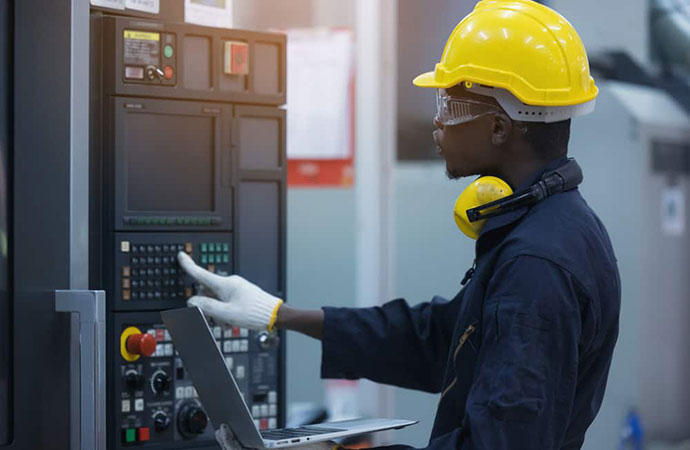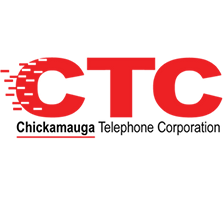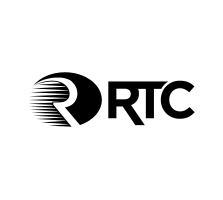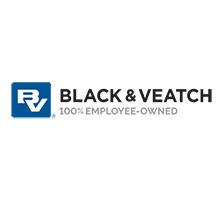ABSOLUTELY, the best in the Southeast. They are amazing!! They help me so much. They deserve 10 stars!! They can do everything!!!! Call them!!! Donna, at The Preserve Apartments in Cleveland, Tennessee….
What Are Industrial Control Systems?
An industrial control system is a type of control system used to automate various industrial processes. This includes multiple devices, networks, systems, instruments, and controls that work together to handle complex industrial tasks. They are used widely throughout manufacturing, energy production, water treatment, transportation, packing and shipping, and many other industries.
Industrial Control System Designs

How the industrial control system is designed depends on this industry and the specific tasks that need to be automated. But most of these systems use one or more controllers mounted on or near the equipment performing the automated tasks by the industrial control. These controllers typically use a front panel to program or manually control the process.
These industrial control systems can have many controllers networked together to control multiple processes to perform complex, sequential operations using either local or remote interfaces. There are two major types of industrial control system configurations.
Supervisory Control and Data Acquisition (SCADA)
SCADA industrial control systems do not provide complete control of the process, but they focus on the capabilities and provide control at the supervisory level. SCADA systems typically use Programmable Logic Controllers (PLCs) placed in various locations. They acquire and transmit data and integrate with a Human Machine Interface (HMI) to provide centralized monitoring and control for many process inputs and outputs. This allows workers to manage processes via long distances, reducing the need for numerous local workers or workers to travel vast distances between work environments. Examples of some tasks that SCADA systems typically automate include:
- Opening and closing valves, breakers, and circuits
- Collecting data from sensors
- Monitoring local environments for alarms
This makes SCADA systems used widely in the water treatment and distribution, electric power production and transmission, and pipeline management industries.
Distributed Control System (DCS)
Distributed Control Systems control production systems for a specific function in one location. Thus, each function or set of functions is controlled by a particular control system and not handled by one control system for the entire process. This is good for complex processes because if there is a failure in one part of the process, you can still continue your operations outside of it.
As a result, you see distributed control systems in many industries that use complex processes over a large area, such as:
- Automotive
- Manufacturing
- Electric power generation
- Food processing
- Chemical and oil refining
- Water and wastewater treatment
Either way, both types of industrial control systems require experienced, expert industrial electricians to make sure that they are installed and operating right.
Tri-State Electrical is the Premier Industrial Electrical Company Serving the Southeastern US
We provide a wide variety of industrial electric services, including industrial control systems. Learn more about how Tri-State Electrical can help you with your commercial electrical project, give us a call at 844-635-2022, fill out our simple online form.















